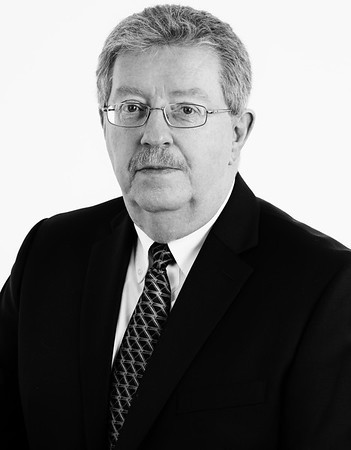- Home
- About Us
- The Team / Contact Us
- Books and Resources
- Privacy Policy
- Nonprofit Employer of Choice Award

 Now that your Board has decided to move ahead with a large capital project (building/redevelopment/equipment), just how will the organization raise the funds required? Is it capable of raising the funds and if so how much can it realistically raise?
Now that your Board has decided to move ahead with a large capital project (building/redevelopment/equipment), just how will the organization raise the funds required? Is it capable of raising the funds and if so how much can it realistically raise?
The answers to these questions are crucial to the success of any capital campaign.
So what is the next step?
A Feasibility Study is an essential first step to any campaign. Simply said, it is an objective means to help secure a realistic answer to the question: “How much money does the organization have the potential and capability to raise for the proposed project?”
Properly conducted, the Study will accurately: identify the amount of money that can be raised, as well as from where that money might come; identify both strong and weak points in the Case for Support, including how responsive people will be to the need, and weigh negative or weak factors that can be addressed; and identify potential leadership. It will also identify other potential volunteers who may want to be involved with the project.
Certain conditions are essential for fundraising effectiveness and success. The extent to which these conditions exist dictates the best strategy and methods to be employed in your fundraising program. The Feasibility Study will evaluate these conditions, compare them with those from other studies and analyze the results. This process enables you to establish the most productive course of action to benefit your organization.
The Study process is straightforward. First, a list of potential interviewees is developed. Next, a two or three-page summary of the Case for Support is drafted and refined. Lastly, a questionnaire is designed for the interview process. This questionnaire contains a number of essential questions, the answers to which will determine your ability to raise the desired funds.
These essential questions can be summarized as follows: Do the current financial resources within the organization’s various and distinct interest groups meet your needs and objectives? Is there a valid and urgent need for funds – and can it be communicated effectively for emotional appeal? Based on what individuals know about the proposed project and what they know of the financial need, would they support a campaign? If yes, what might they give? If no, is there something they need to see or hear to cause them to change their minds? What is the key message that an individual would want to deliver about the importance of this campaign if they were in charge it?
As well, there is “hidden” value to the Study. It will also: help pre-sell the concept of a capital campaign; test market the Case for Support; mend fences (in the event that someone being interviewed might not have been a particularly strong advocate); make friends (if for no other reason than to be asking for their opinions); identify new donor prospects (and sometimes new ideas); identify the impediments to raising funds and determine how these difficulties can be overcome; increase awareness of the vision for the organization, and focus attention on those needs.
The key outcomes of a Feasibility Study include: a realistic Campaign Goal; a realistic list of potential leaders and volunteers; an expanded and realistic donor prospect list; an evaluation of the Case for Support; a Fundraising Campaign Strategy and Timeline; and recommendations for overall strategy.
Now you can move forward with confidence that your capital campaign will be successful.
Glen Welch joined The Goldie Company in 1996, bringing 13 years of management experience in both the nonprofit and private sectors. With The Goldie Company, Glen has consulted on numerous fundraising studies and directed a range of successful campaigns including: The RCAF Memorial Museum (Trenton); RIM Park (Waterloo); Bluewater Health (Sarnia), the United Way of York Region Major Gift Campaign, Wellington Square United Church in Burlington and the Inn of the Good Shepherd (Sarnia). Glen is a member of the Association of Fundraising Professionals (AFP) and is a resident of Toronto.